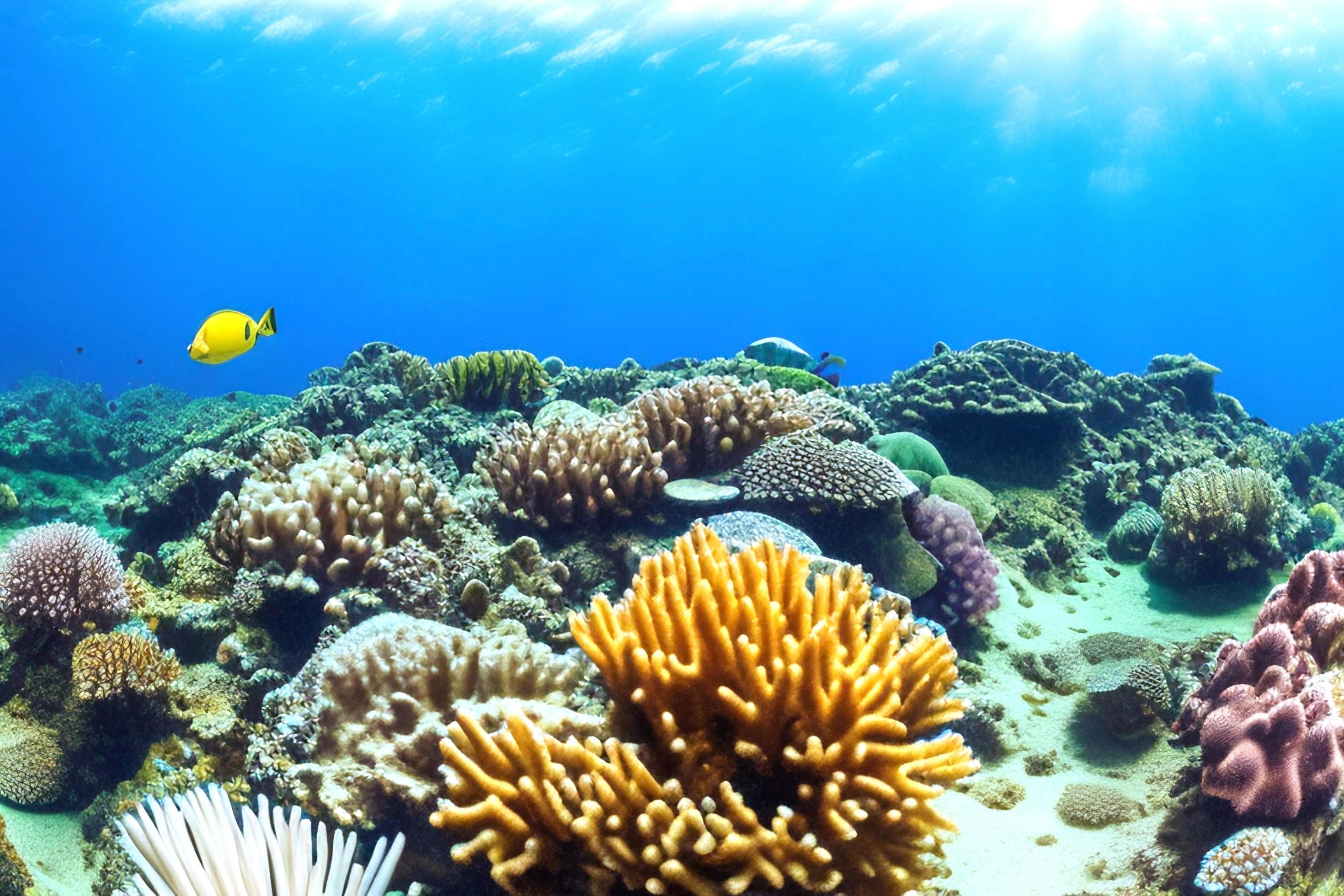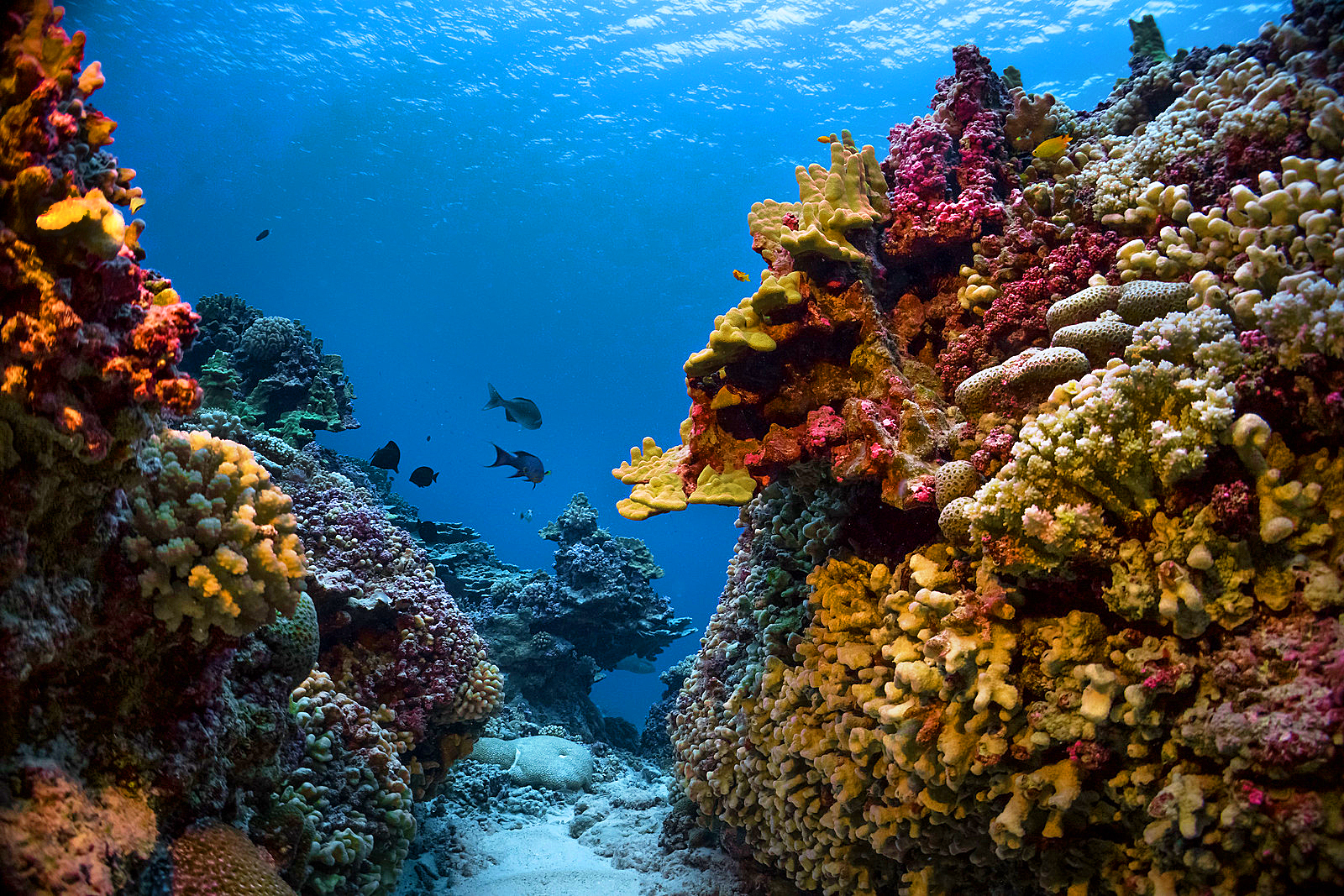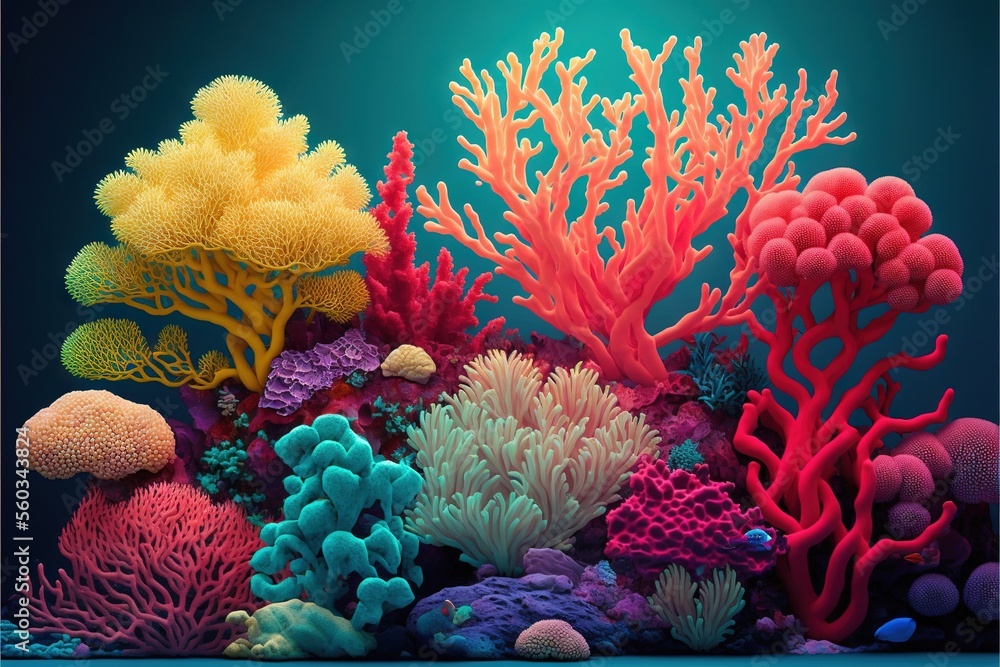Picture this: you are standing on a warm beach, the sun gently warming your skin, and the water before you shimmers with colors that seem to stretch from the deepest blues to the brightest, most inviting greens. This is the kind of natural beauty that the name Coral and Turquesa Hotel Mexico brings to mind. It's a name that truly captures the spirit of a coastal retreat, where the vibrant hues of the ocean meet the calm comfort of a place designed for a relaxing time. It makes you think of clear waters and the fascinating life beneath the surface, doesn't it?
This particular hotel name, you know, hints at something quite special about its location and the surrounding natural wonders. The "turquesa" part, for instance, immediately brings to mind those incredibly clear, blue-green waters that Mexico's coasts are famous for. These are the kinds of waters where light dances and you can see far down into the watery world below. It's the sort of place where you feel a deep connection to the vast, amazing ocean, a place that just feels right for a peaceful escape.
And then there's the "coral" in Coral and Turquesa Hotel Mexico, which points to an even more profound connection to the marine world. It suggests the presence of, or at least the spirit of, those incredible living structures that are so important to our planet's oceans. These natural wonders are a big part of what makes certain coastal areas so breathtakingly beautiful and full of life. Staying at a spot with such a name really invites you to consider the deeper beauty of the ocean and what it offers.
Table of Contents
- What Makes the Coral and Turquesa Hotel Mexico So Special?
- Understanding Coral - More Than Just a Pretty Name
- Why Are Coral Reefs Important to Our World?
- Can We Help Our Ocean's Coral?
- Planning Your Stay at Coral and Turquesa Hotel Mexico
What Makes the Coral and Turquesa Hotel Mexico So Special?
When you hear a name like Coral and Turquesa Hotel Mexico, it really paints a picture, doesn't it? It suggests a place where the colors of the sea are a big part of the experience. It’s not just about a pretty name; it's about what that name represents. The idea of "coral" in the title points to the living, breathing underwater structures that are so very important to the ocean's overall well-being. These natural formations are often found in places with those clear, blue-green waters, which is where the "turquesa" part comes in. So, it's almost like the hotel's name itself is a little invitation to think about the natural wonders that might be just beyond its shores, perhaps inviting you to see them for yourself.
A hotel with such a name could easily be a wonderful starting point for someone who wants to get close to the marine world. It suggests an appreciation for the natural environment, especially the coastlines and the life found there. The very name Coral and Turquesa Hotel Mexico could make you wonder about the kind of marine life that thrives in those areas, and how a visit might allow you to witness some of that beauty up close. It’s a name that evokes a sense of peace and natural wonder, which is what many people look for in a coastal vacation.
The Allure of Coral and Turquesa Hotel Mexico's Surroundings
Considering the name Coral and Turquesa Hotel Mexico, one can easily imagine the kind of beautiful surroundings that would fit so perfectly. We're talking about coastlines where the water is incredibly clear, showing off its varied shades of blue and green. This kind of setting is often home to some truly remarkable natural features, including those made by coral. These areas tend to be full of life, with many different kinds of fish and other ocean creatures making their homes there. It's a place where the natural world is really on display, offering a chance to see and appreciate the delicate balance of an ocean environment. The sheer beauty of such a location is, you know, a major draw for anyone seeking a peaceful and visually stunning escape.
- Kurt Gieger
- Detroit 75 Kitchen
- Setas De Sevilla
- Gas South Convention Center
- Golfland Sunsplash California
The appeal of a place like the Coral and Turquesa Hotel Mexico lies not just in its comfort, but also in the potential for connecting with nature. Imagine stepping out and being greeted by the fresh scent of the sea and the sight of those distinct turquoise waters. It’s pretty much what you'd hope for in a Mexican coastal experience. Such a place could provide opportunities for gentle exploration, perhaps a quiet swim in the clear waters, or simply enjoying the peaceful sounds of the waves. It’s all about soaking in the natural charm of a coastline that seems to be a living postcard, and that, in a way, is a truly special thing.
Understanding Coral - More Than Just a Pretty Name
When we talk about the "coral" in Coral and Turquesa Hotel Mexico, we are referring to some really interesting living things. These aren't plants at all; they are actually tiny animals that live in the sea. They belong to a group of creatures that are, you know, a bit like sea anemones, but they have a special way of forming big groups. Each one of these individual animals is called a polyp. And these polyps, they tend to gather together, making what we call colonies. So, what you often see as a big, colorful coral structure is actually made up of many, many tiny, identical individuals working together. It's quite amazing how they do this, isn't it?
These marine organisms are quite varied in their appearance and structure. Some of them create hard, stone-like outer coverings, which are what build the foundations of big reefs. Others might have more flexible, horn-like or even leathery structures. This variety is part of what makes them so fascinating. They're a fundamental part of the ocean's makeup, and their presence often indicates a healthy marine environment. So, when you hear "coral," it's about these diverse and incredibly important sea animals that contribute so much to the beauty and life of the ocean, especially in places like Mexico's beautiful coastlines.
How Do Corals Build Their Homes?
It's pretty interesting how these hard corals, which are so important for building reefs, actually create their homes. They do something quite clever: they take a lot of calcium from the salty water around them. It's kind of like how we might use bricks to build a house, but these little animals use calcium to form a strong, protective outer shell. This hardened structure isn't just for keeping them safe; it also helps them grow bigger and bigger. So, over a very long time, as countless polyps keep doing this, they build up these large, stony structures that we recognize as coral reefs. It's a slow process, but the results are truly remarkable, forming entire underwater landscapes.
This process of building these calcium structures is, in a way, what creates the very foundation for so much marine life. Without these hard corals constantly extracting minerals and building, the vast, complex reef systems wouldn't exist. It's a continuous process, with new layers forming on top of old ones, creating intricate patterns and shapes that provide shelter and food for countless other creatures. So, when you think about the 'coral' in Coral and Turquesa Hotel Mexico, it really connects to this incredible, ongoing natural construction project happening beneath the waves.
Why Are Coral Reefs Important to Our World?
Coral reefs are, you know, incredibly special places in the ocean. They are truly unique and hold a great amount of different kinds of life from all over the world. Think of them as busy underwater cities, providing a safe place and food for a huge number of fish and other sea creatures. They're like the apartment buildings and grocery stores of the ocean, all rolled into one. From a tiny, individual coral animal, a whole massive underwater world can grow. These reefs are so essential to the overall well-being of the ocean, acting as vital hubs of activity and growth. They are, in a way, a cornerstone of marine life, supporting a vast web of interactions.
These underwater structures do so much more than just look pretty. They provide a home for a huge variety of marine life, including all sorts of sponges, different kinds of oysters, clams, crabs, sea stars, and sea urchins. And, of course, many, many types of fish depend on them. But it's not just about the creatures that live right on the reef. These reefs also do something very important for the land: they help protect our coastlines from big storms and from the land slowly wearing away. They act as a natural barrier, which is, you know, a huge benefit to human communities living near the sea.
Beyond protection, coral reefs also help people directly. They create jobs for people living in local communities, especially through fishing and tourism. They also offer lots of chances for fun activities, like exploring the underwater world. And, very importantly, they are a source of food for many people around the world. So, these reefs are not just beautiful; they are actually very practical and helpful to human life in many different ways. They are, in some respects, truly invaluable natural assets for our planet.
Protecting the Beauty Around Coral and Turquesa Hotel Mexico
Given the name Coral and Turquesa Hotel Mexico, it makes sense to think about how we can help protect the very natural beauty that its name evokes. The health of coral reefs is, you know, a big concern for many people. These amazing underwater systems are facing various challenges around the world. That's why there's a lot of effort being put into looking after them. It’s about making sure these vital parts of our ocean stay healthy and continue to support all the life that depends on them. This includes working to understand what threatens them and then finding ways to reduce those threats.
A big part of protecting these reefs involves keeping a close eye on them. There are groups and networks that regularly check on the condition of coral reefs globally. They gather information and share it, so people can see how the reefs are doing and what might need to be done to help them. For instance, there are reports that come out, like one recently about the coral reefs in the Gulf of Mannar, which show how things have changed over time and what management ideas are being used. It’s a way of, basically, keeping tabs on these important ecosystems so that we can act when needed.
These efforts are truly global, with many people and organizations working together. For example, groups like the International Coral Reef Initiative are always pushing to keep coral reefs a top topic in big discussions, like at major ocean conferences. It's about recognizing that these delicate systems need continuous attention and care. The goal is to make sure that the beauty and life that coral reefs provide, which is so wonderfully suggested by a name like Coral and Turquesa Hotel Mexico, continues to be there for generations to come. It’s a collective effort, really, to ensure the ocean's well-being.
Can We Help Our Ocean's Coral?
The good news is that people are actively working to help our ocean's coral. There's a growing movement to try and fix areas where coral has been harmed, which is often called coral reef restoration. This approach is becoming more and more popular as a way to deal with the big drops in coral health and how much coral covers the seafloor all over the world. It’s a way of, you know, giving nature a helping hand to recover. This often involves carefully growing new corals and then placing them back onto damaged reef areas, hoping they will take hold and grow.
To make sure these restoration efforts are actually working, people have developed guides and methods to check their success. These guides help everyone involved evaluate if the work is making a difference, from small local projects to bigger efforts that cover entire ocean systems. It’s a global partnership, really, focused on keeping the world's coral reefs and all the creatures that live with them safe. This means sharing what works, learning from each other, and making sure that the methods used are as effective as possible. It’s about a shared commitment to the future of these incredible underwater worlds.
What is Being Done for Coral Reefs Near Coral and Turquesa Hotel Mexico?
While I can't speak to specific projects right next to the Coral and Turquesa Hotel Mexico, the broader efforts for coral conservation are quite widespread, and Mexico's coasts are certainly part of this global concern. Groups like the Global Coral Reef Monitoring Network, which is part of a bigger international initiative, and the US Coral Reef Task Force, provide ways to keep track of how reefs are doing. These networks are, you know, constantly gathering information and sharing reports on the status of reefs. This helps people understand where the most help is needed and what kinds of actions might be most effective in a particular area, including places like the beautiful Mexican coast.
The general approach to protecting coral reefs involves a mix of different strategies. This includes working to reduce pollution, managing fishing practices so they don't harm the reefs, and trying to lessen the effects of things like climate change, which can really stress corals. So, for an area like where the Coral and Turquesa Hotel Mexico might be, these broader efforts would certainly apply. It's about a collective responsibility to preserve these vital parts of our natural world, ensuring that the stunning marine environments that draw people to places like Mexico remain healthy and full of life for many years to come. It's a continuous effort, to be honest, but a very important one.
Planning Your Stay at Coral and Turquesa Hotel Mexico
Thinking about a stay at the Coral and Turquesa Hotel Mexico really invites you to consider the kind of experience you want to have. Given the name, it seems to promise a vacation deeply connected to the beauty of the ocean. It suggests a chance to relax by those clear, turquoise waters and perhaps even learn a bit about the amazing coral life that thrives in such environments. It’s about finding a place where the natural surroundings are a big part of the appeal, offering a sense of peace and wonder. The name itself is, you know, a sort of gentle nudge towards appreciating the delicate balance of a coastal ecosystem.
When you plan your time there, you might think about how you can best enjoy the natural setting. Perhaps that means spending quiet moments watching the waves, or maybe even exploring nearby areas that showcase the vibrant marine life. It’s a chance to connect with the very essence of a Mexican coastal escape, where the colors and sounds of the sea are your constant companions. The Coral and Turquesa Hotel Mexico sounds like a place where you can truly unwind and appreciate the incredible natural world that surrounds you, making for a truly memorable time.
Related Resources:



Detail Author:
- Name : Demarcus Mitchell
- Username : jaltenwerth
- Email : vwaelchi@hotmail.com
- Birthdate : 1978-10-27
- Address : 2381 Elouise Fields Ruthemouth, SC 97364
- Phone : (805) 520-8534
- Company : Hessel and Sons
- Job : Airframe Mechanic
- Bio : Vel labore consequatur eaque consequatur inventore aut. Voluptas fugit dolor dicta dolores. Illo distinctio quo aut doloribus.
Socials
linkedin:
- url : https://linkedin.com/in/rubie.reinger
- username : rubie.reinger
- bio : Qui vel sed voluptates nisi.
- followers : 1120
- following : 2540
instagram:
- url : https://instagram.com/reingerr
- username : reingerr
- bio : Quo quae et ratione quidem nam. Dolores praesentium officiis iure illo voluptas.
- followers : 933
- following : 2622
facebook:
- url : https://facebook.com/rubie.reinger
- username : rubie.reinger
- bio : Ex aspernatur iure ut et. Omnis tempora aliquam esse voluptas.
- followers : 791
- following : 1330
tiktok:
- url : https://tiktok.com/@rubie_reinger
- username : rubie_reinger
- bio : Molestiae soluta suscipit quis illo fuga.
- followers : 1400
- following : 386
twitter:
- url : https://twitter.com/rubie.reinger
- username : rubie.reinger
- bio : Molestias quidem voluptate qui quos. Repudiandae sit id iste aut. Molestiae quo est quod ipsam recusandae consequatur reprehenderit. Amet laborum eligendi nam.
- followers : 4939
- following : 2164